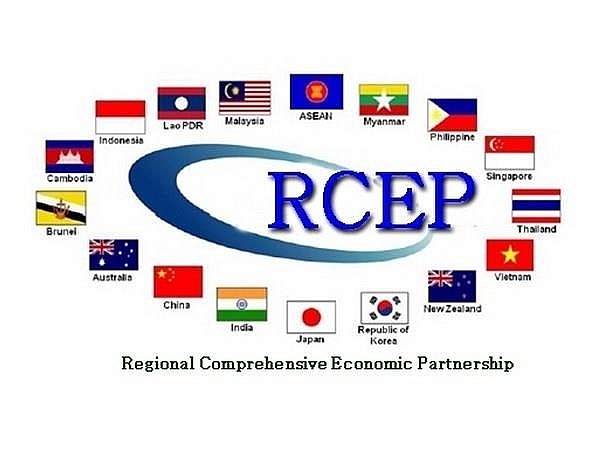ASEAN united to sign RCEP within 2020
 |
| The RCEP deal is expected to drive deep partnerships across the continent |
During the 26th ASEAN Economic Ministers' Retreat, Pak Iman Pambagyo, chairman of the RCEP Trade Negotiation Committee, said that the ASEAN is highly determined to bring India back to negotiations to proceed to the signing of this agreement as scheduled.
"We will accomplish this goal by 2020, when Vietnam is the ASEAN chair. We have reached a high consensus among members who have been very active in negotiating, seeking solutions to handle problems in order to close the negotiations, open the market, and aim to conclude the agreement this year,” he said.
Negotiations for the RCEP, which started in 2012, have targeted strengthening economic co-operation among the 10 ASEAN members with China, Japan, Korea, Australia, India, and New Zealand. The RCEP is home to 30 per cent of the world’s population and 29 per cent of the world’s GDP. However, in late October, India decided to pull out of the massive trade deal.
Participants agreed that despite India’s withdrawal, the RCEP would still be a big free trade area with common rules of trade. ASEAN members also expressed their expectations that the participation of 16 countries would bring huge benefits for all members.
Vietnam affirmed that it would continue to work closely with ASEAN countries in maintaining the leading role of the ASEAN and working closely with the six partner countries to conclude the RCEP negotiations ahead of schedule and quickly complete all legal reviews of the agreed content to prepare for signing.
| The Regional Comprehensive Economic Partnership is a free trade agreement negotiation involving 15 countries: the 10 ASEAN members – Brunei, Cambodia, Indonesia, Laos, Malaysia, Myanmar, the Philippines, Singapore, Thailand, and Vietnam – and the five countries with which the ASEAN has existing free trade agreements: Australia, China, Japan, South Korea, and New Zealand. India, which is also the ASEAN's FTA partner, opted out of RCEP in November 2019. Negotiations were formally launched in 2012 at the ASEAN Summit in Cambodia. |
What the stars mean:
★ Poor ★ ★ Promising ★★★ Good ★★★★ Very good ★★★★★ Exceptional
 Tag:
Tag:
Related Contents
Latest News
More News
- Russian President congratulates Vietnamese Party leader during phone talks (January 25, 2026 | 09:58)
- Worldwide congratulations underscore confidence in Vietnam’s 14th Party Congress (January 23, 2026 | 09:02)
- Political parties, organisations, int’l friends send congratulations to 14th National Party Congress (January 22, 2026 | 09:33)
- 14th National Party Congress: Japanese media highlight Vietnam’s growth targets (January 21, 2026 | 09:46)
- 14th National Party Congress: Driving force for Vietnam to continue renewal, innovation, breakthroughs (January 21, 2026 | 09:42)
- Vietnam remains spiritual support for progressive forces: Colombian party leader (January 21, 2026 | 08:00)
- Int'l media provides large coverage of 14th National Party Congress's first working day (January 20, 2026 | 09:09)
- Vietnamese firms win top honours at ASEAN Digital Awards (January 16, 2026 | 16:45)
- ASEAN Digital Ministers' Meeting opens in Hanoi (January 15, 2026 | 15:33)
- ASEAN economies move up the global chip value chain (December 09, 2025 | 13:32)






















 Mobile Version
Mobile Version